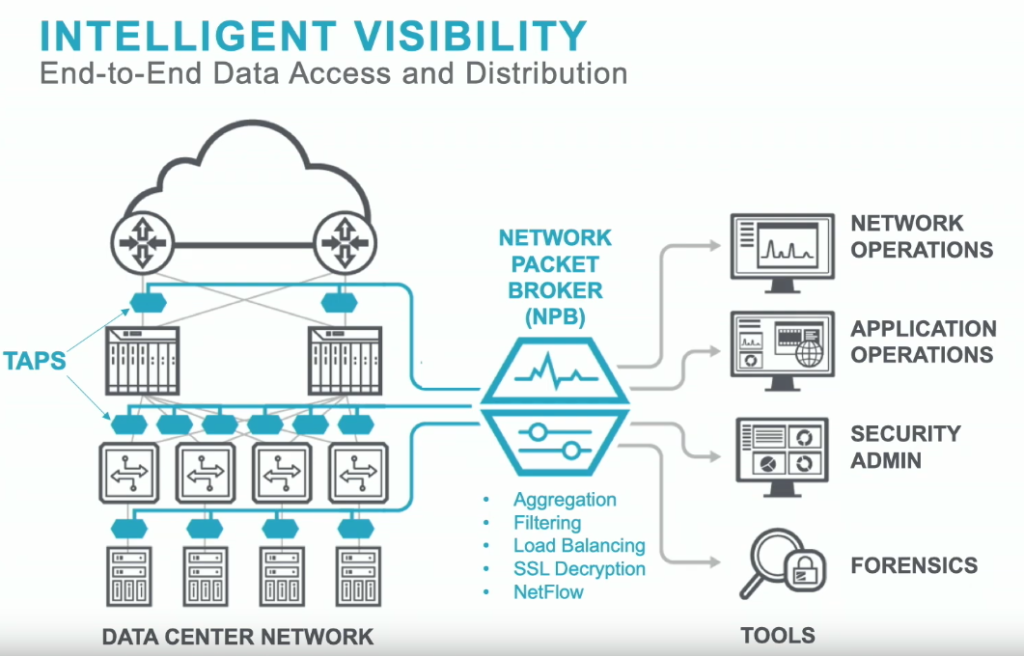A network packet broker (NPB) is a device that sits between network devices, such as switches and routers, and network monitoring tools, such as sniffers and probes. It is responsible for sending, filtering, and manipulating packets as they pass through the network. There are several reasons it is important to have an NPB:
Optimization: An NPB can help optimize the performance of the network by filtering and posting only the packets that are relevant to the monitoring tools, reducing the load on these tools and the network.
Security: An NPB can help improve security by allowing administrators to check traffic at various points in the network and identify potential threats or suspicious activity.
Visibility: An NPB can help improve visibility into the network by providing a centralized point of access for monitoring tools. This can make it easier to troubleshoot network issues and identify the root cause of problems.
Compliance: In some industries, such as financial services and healthcare, the law requires it to have a certain level of monitoring and visibility into the network. An NPB can help organizations meet these requirements by providing a way to track and record network traffic.
Overall, an NPB can help improve the performance, security, visibility, and compliance of a network.
What are the different types of packet brokers?
Network packet brokers (NPBs) are essential in enterprise networks, providing unparalleled visibility into the data packets passing through them. NPBs are designed with extensive scalability to meet the changing demands of large organizations, allowing them to detect any suspicious activity quickly and easily.
Software-defined packet brokers (SDPBs) offer similar features as NPBs but come in a smaller package and are more cost-effective for small-to-medium businesses. SDPBs run on specialized software and require less space than traditional hardware solutions, making them an efficient option for those who don’t need massive scalability.
Virtualized packet brokers (VPB) take this concept one step further by running on virtual machines instead of physical hardware or specialized software. VPNs provide the same visibility into your network traffic as other packet broker types – all at a fraction of the cost – without needing additional equipment or maintenance costs associated with traditional solutions.
Packet brokers can be a powerful tool for protecting your data assets and gaining insight into what’s happening within your own network. Depending on your requirements, budget constraints, and goals, you may choose an NPB, SDPB, or VPB – each offering its own advantages regarding security and understanding what’s taking place in your networks.

Conclusion
The use of a network packet broker can provide an extra layer of security for your business. Packet brokers offer visibility, control, and scalability over your network traffic, helping to protect against malicious intrusions. By properly assessing your needs and requirements before selecting the type of packet broker that is best suited for your network, you will be able to take advantage of all the benefits a packet broker offers regarding security and visibility.




